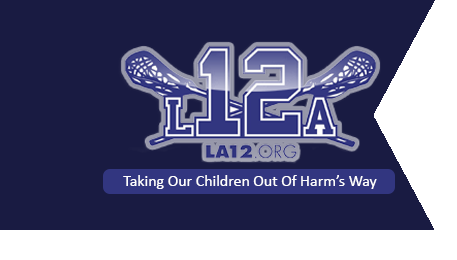Gyms have duty to use defibrillators: NY appeals court
New Guidelines to Prevent Sudden Death in Sport to be Issued
December 7, 2011DHHS Boy’s Lacrosse May Just Save Your Life
January 3, 201212/30/2011
NEW YORK, Dec 30 (Reuters) – New York health clubs have a legal obligation to use automated external defibrillators on members experiencing cardiac episodes, a unanimous New York appeals court ruled.
The Appellate Division, Second Department, opinion published Thursday is the first time the court has recognized an affirmative duty for health clubs to use AEDs–which are required to be on-site in New York health clubs, along with an employee trained to use them–under New York’s General Business Law 627-a.
“Although the statute does not contain any provision that specifically imposes an affirmative duty upon the facility to make use of its required AEDs, it also does not contain any provision stating there is no duty to act,” Justice Sandra Sgroi wrote for the unanimous four-judge panel. “Moreover, it is illogical to conclude that no such duty exists.”
The underlying case was filed in Suffolk County court in 2008 on behalf of Gregory Miglino, who collapsed after a game of racquetball at a club in Lake Grove, N.Y., owned and operated by Bally Total Fitness of Greater New York Inc.
According to the court record, another gym member alerted the front desk, which immediately placed an emergency call to 911. Several Bally employees, including one trained in AED use, arrived at the scene shortly after with the club’s AED and checked Miglino’s pulse.
However, the court noted, the AED was never used on Miglino. Several minutes later, an ambulance arrived and took Miglino to nearby Stony Brook Hospital, where he was pronounced dead.
It is unclear why Bally employees failed to use the AED, the court wrote. It could be that they acted negligently, but it also is possible that there was a good reason that they didn’t attempt to revive Miglino with t he device, according to the ruling.
SIMILAR FIRST DEPARTMENT CASE
Regardless, the court concluded that New York law “imposes an inherent duty to make use of the statutorily required AED” and the Miglino lawsuit “states a cognizable cause of action to recover damages based upon Bally’s failure to use its AED upon the decedent.”
The Appellate Division, First Department, tackled a similar issue in its 2010 ruling in Digiulio v. Gran Inc., a case involving a plaintiff who suffered an apparent heart attack after exercising at a health club.
While that case involved a motion for summary judgment — unlike the Miglino case, which involved a motion to dismiss for failure to state a cause of action — the First Department found no viable cause of action against the club owner, ruling that the “club’s employees more than fulfilled their duty of care by immediately calling 911 and performing CPR.”
The New York Court of Appeals dismissed the challenge, finding that the plaintiff had failed to establish that the club owner had been grossly negligent in failing to access the club’s AED. But it left open the question of whether the General Business Law set forth an affirmative duty to use the AED that clubs a re required to provide, the Second Department noted.
Attorneys for the parties did not immediately return requests for comment.
The case is Miglino v. Bally Total Fitness of Greater New York Inc et al., in the Supreme Court of the State of New York, Appellate Division, Second Judicial Department, No. 2010-06556.
For the plaintiff: Demi Sophocleous of Morrison Mahoney.
For the defendant: John Decola tor.
(Reporting by Jessica Dye)

